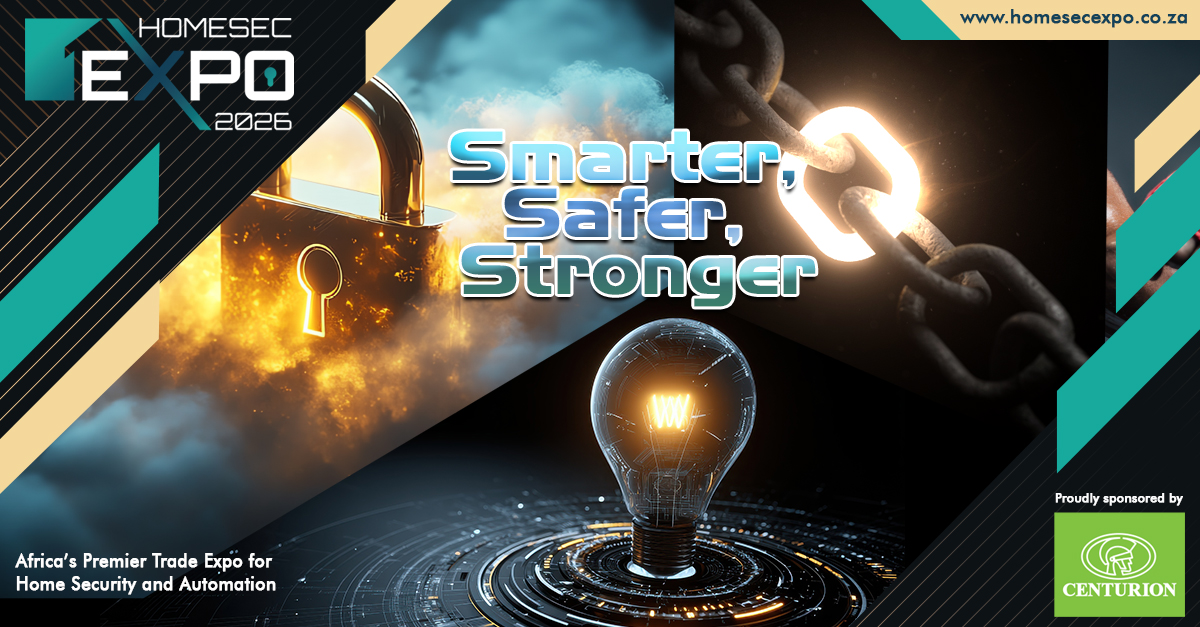South Africa finds itself at the intersection of two realities: a growing demand for security and a parallel need for smarter, more resilient infrastructure. Crime statistics, power instability, and rapid urbanisation are not abstract challenges, they’re the everyday lived experiences of businesses and communities across the country. Against this backdrop, security and automation are no longer “nice to have” investments. They are now strategic enablers of growth, safety, and sustainability. But this is not just a South African story. Across Africa, the sector is evolving at speed, shaped by forces that will determine which companies thrive and which get left behind. Here are three of the most pressing trends that businesses, policymakers, and innovators must understand.
1. The convergence of security and intelligence
Security is no longer about gates, guards, and cameras. Today, it’s about intelligence. The rise of AI-driven surveillance, facial recognition, and data-powered risk analysis means companies are moving from reactive measures to proactive strategies. Imagine being able to predict a threat before it materialises, or to use data patterns to allocate resources more effectively. In South Africa, where crime rates remain stubbornly high, the shift from passive monitoring to active intelligence could change the way businesses and communities feel protected. The challenge is adoption: technology is available, but cost, skills, and trust are barriers. The edge: Organisations that embrace AI-enhanced security, while also investing in the human expertise to interpret and act on insights, will be the ones setting the pace.
2. Automation as a survival strategy
From manufacturing floors in Gauteng to logistics hubs in Durban, automated systems are becoming the backbone of resilience. Whether it’s access control that works seamlessly through blackouts, or automated monitoring of critical infrastructure, companies that automate intelligently are protecting their bottom line as much as their people. The edge: Think beyond “machines replacing humans.” In South Africa, automation is most powerful when it enhances human decision-making and keeps business running in the toughest conditions.
3. Local solutions for local realities
Africa doesn’t need imported solutions that assume constant power, stable bandwidth, or high-end infrastructure. We need systems built for us. In South Africa, that means hardware that can handle dust and heat, hybrid power options that outlast loadshedding, and service providers who understand regulatory nuances and township economies. The future belongs to companies that design with African realities in mind. Already, we’re seeing local innovators and SMEs develop products that global players are beginning to pay attention to. The message is clear: authenticity and relevance will outpace glossy imports every time. The edge: Build partnerships with local experts, support skills development, and champion “Africa-fit” solutions. This is not just about buying technology, it’s about building ecosystems that work here.
A call to rethink security & automation in South Africa
The African security and automation industry is no longer on the sidelines of economic growth. It sits at the heart of it. South Africa has the opportunity to lead by example, showing how intelligent security, resilient automation, and local innovation can create safer, more competitive, and more inclusive industries. The real question is: who will move first? Those who continue to view security and automation as costs will lag. Those who see them as strategic investments (in resilience, trust, and future growth ) will be the ones writing the next chapter of South Africa’s security story.

